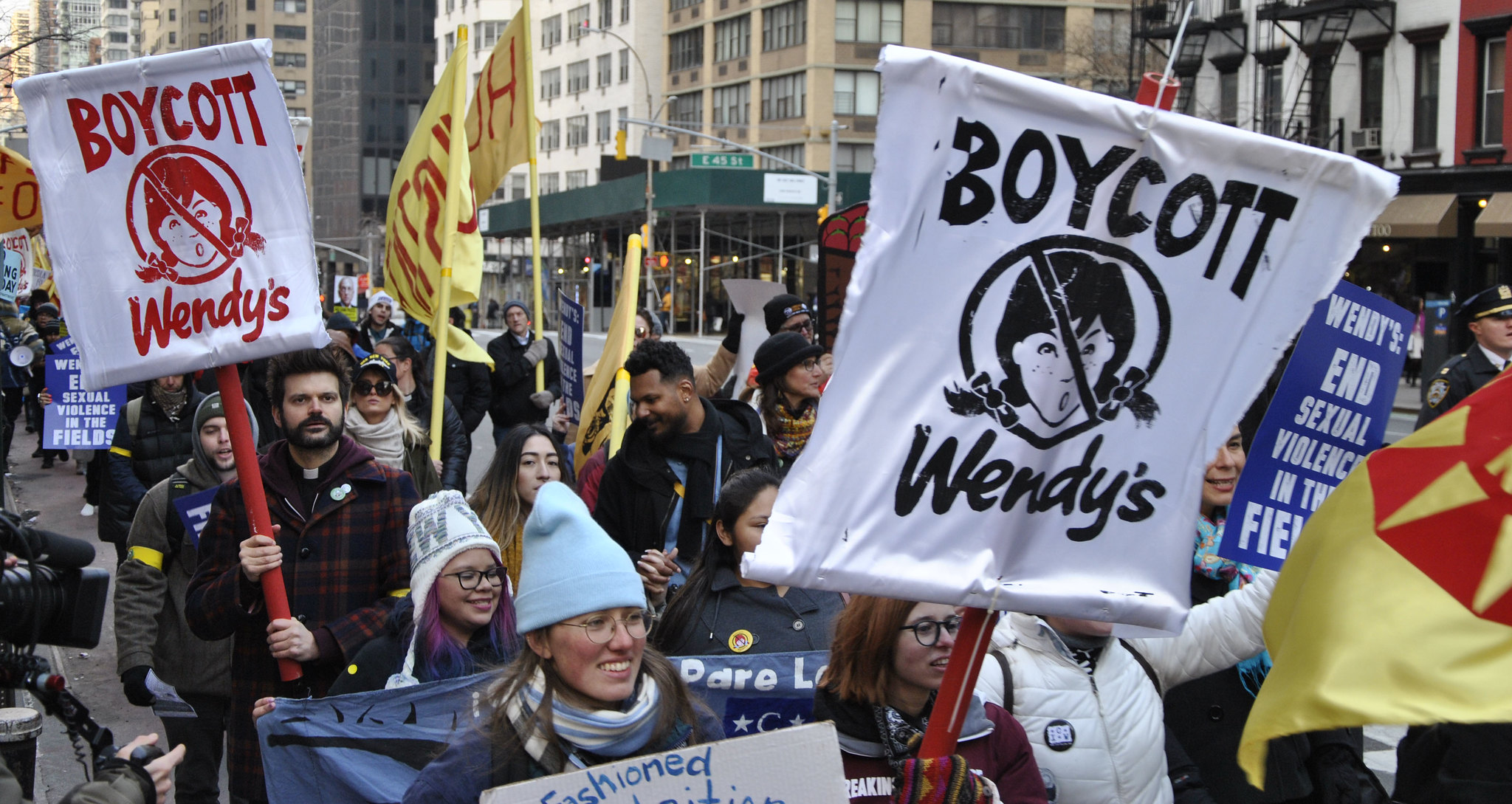Boycotts Can Alter How Legislators Respond to Voters
IPR’s James Druckman explores the effects of ‘private politics’ on a democratic society
Get all our news
Going through public politics and government channels can be very cumbersome and time-consuming. Whereas when you go through a private channel, things happen more quickly… without the gridlock that can take place.””
James Druckman
IPR political scientist

Image courtesy of Felton Davis, Flickr.
The proliferation of calls to boycott companies from Amazon and CVS to Chick-fil-A and Nike has continued unabated in recent years, fueled in part by social media—and usually intended to effect policy change. According to a 2017 Ipsos survey, a full quarter of Americans have boycotted a product or service for political reasons.
But when private groups organize these boycotts in an attempt to act where elected lawmakers haven’t, it raises questions about the groups’ impact on the legislative process. What that means for democracy is the subject of a recent study by IPR political scientist James Druckman. Druckman is the first to investigate how these acts of “private politics”—where voters and activists work outside legislative channels to change policies—shape how legislators respond to their constituents, and ultimately, how democracy is conducted.
“Going through public politics and government channels can be very cumbersome and time-consuming,” Druckman said. “Whereas when you go through a private channel, things happen more quickly… without the gridlock that can take place.”
Druckman and co-author Julia Valdes (PhD 2017) of Indiana State University use the recent effort to raise the minimum wage to $15 an hour to survey how state lawmakers across 48 states might respond to such movements.
They randomly assigned the more than 600 lawmakers taking the survey to one of three email scenarios. In the private politics scenario, the legislator received a constituent email which mentioned that a group promoting the “Fight for $15” encouraged her/him to boycott local businesses, and that such actions are the most effective way of conducting politics. In the control scenario the constituent simply wrote because the outside group contacted them about the cause, with no specific action encouraged. In the public politics scenario, the constituent wrote of being encouraged to write their legislator.
Druckman discovers that when state legislators encountered constituents who sent a private politics message, they become less likely to respond to their communications. According to Druckman, that’s likely because of the decreased opportunity for the lawmaker to take credit for the possible change in policy.
Lawmakers from both major parties were less likely to respond to private political emails, and Republicans were less likely to pursue and support their constituents’ stated policy goal.
“It’s really Republicans who were most affected by private politics,” Druckman said, adding that Republicans’ free-market inclinations may cause them to be more strongly influenced by private politics.
Druckman adds that further research is needed to unpack the partisan nature of the findings, and to examine legislators’ real-life behavior to see how likely they are to behave in the manner the online survey would suggest. He offers that such studies are key to a better understanding of whether private politics are “good or bad” for society.
James Druckman is the Payson S. Wild Professor of Political Science, IPR associate director, and an IPR fellow.
Published: September 9, 2019.


